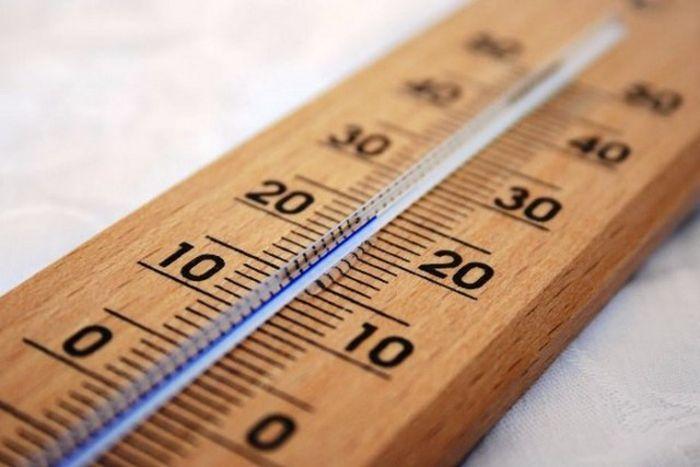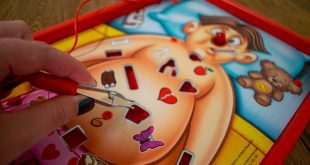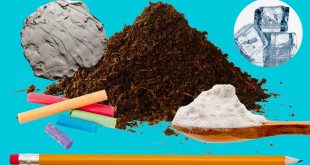 If you decide to drink, do so consciously.
If you decide to drink, do so consciously.
Why do we drink? People drink alcohol for at least 10 thousand years. When drinking water was risky, alcohol was considered a safe choice.
Who lived in the XIV century the monk Arnold of Villanova wrote that alcohol prolongs life, free from a bad mood, revives the heart, and maintains youth”.
Today we can name many reasons why alcohol is preferred. Most associated with the impact that drinking has on the brain and the mind. But one thing is for sure: the abuse of alcohol is clearly unsafe; water to drink still better.
1. It’s delicious
It all depends on what you drink: some drinks (e.g. low alcohol soda contain more sugar. In addition, people have different taste preferences. The fact that alcohol is made from sugar might increase our tendency to drink. For example, studies show that some people have a predisposition to eat sugar, which can make them more likely to develop alcohol dependence. Moreover, alcohol probably affects some of the brain areas activated by taste of sugar.
However, ethanol is not always sweet to the taste, often it is bitter. Rats that were given ethanol for long periods of time, began to respond to him more favorably. But if ethanol was given after the naltrexone (substances that reduce opioid activity in the brain), in rats increased aversion to alcohol, and they used it less. Substances such as naltrexone, used to treat people with alcohol use disorders.
2. I really want to drink
The neurotransmitter dopamine is part of the “reward system” of the brain. It produces a feeling of pleasure (or satisfaction), and also plays a key role in motivation. More dopamine is associated with many forms of drug addiction. Ethanol, like all other known addictive substances, increases the production of dopamine. This may be one of the reasons that motivate to drink more of the reasons why I want to drink a second and then a third glass of wine.
In conditions repetitive use of substances that cause addiction (e.g., alcohol), the connection of dopamine can be reconstructed, reducing the number of receptors in the “reward system”. The stronger will decrease the number of receptors, the higher the risk of relapse of alcohol dependence.
3. Improves mood
Sometimes alcohol use to a kind of “self-medication” to relax from stress at work or in school. More than 2.6 thousand years ago the Greek poet Alcaeus said, “We must not let our soul indulge in grief. The best protection method is to mix the different wine to drink.”
Biologically mediated stress axis hypothalamus – pituitary gland – adrenal gland, which forms a feedback system between the brain and the pituitary gland, the brain and the adrenal glands. Sudden intake of alcohol can stimulate this process by increasing the production of several stress hormones, including corticosterone and corticotropin. However, the reaction of “stress” also interacts with “reward system”, why the person can feel good.
4. Helps to overcome isolation
It is known that alcohol reduces the inhibitory control in the prefrontal cortex – the part of the brain associated with decision-making and behavior in society – and puts it under the control of the dopamine neurons of the midbrain. This reduces the level of self-restraint associated with alcohol consumption.
After a few glasses of the person becomes more sociable. However, the decrease in the level of self-restraint, probably, underlies risky behavior. It kind of explains the relationship between alcohol consumption and accidents.
5. Promotes sleep
Despite the fact that some people drink a glass of sleep, studies show that certain doses of alcohol can reduce REM sleep.
So he can help us “pass out”, but does little to improve sleep quality. REM sleep is important for cognitive processes such as memory consolidation, so its reduction has a negative effect on memory.
6. Save from pain
This well-known argument used in support of alcohol consumption throughout human history: alcohol dulls the pain. Pain signals are perceived by sensory neurons that convey them with chemicals, such as glutamate, across synapses in the spinal cord up to the brain. But this signal can be “shot down” the alcohol, so it reduces pain.
Unfortunately, studies show that this effect is very unstable. And, although some consume alcohol to cope with chronic pain, over time, this analgesic property is weakened. Even chronic alcoholics are faced with the problem of increased sensitivity to pain.
7. Warms
Not quite. Although alcohol can make you awhile to warm up, this feeling creates a heat-sensitive neurons (thermoreceptors) located in your skin that registers the temperature increase of the skin due to increased blood flow in the vessels located closer to the surface of the skin. In fact, alcohol lowers your body temperature because blood flow to the skin surface – the mechanism which the body uses for cooling.
Therefore, despite the fact that may maintain the warmth inside you freeze. It is also known that consumption of alcohol can dull the perception of cold, but it is believed that this effect may occur not because of changes in the blood vessels, but also occur in the brain.
In other words, alcohol affects your mind and brain in various ways. If you decide to drink, whatever the reason, do it consciously.








